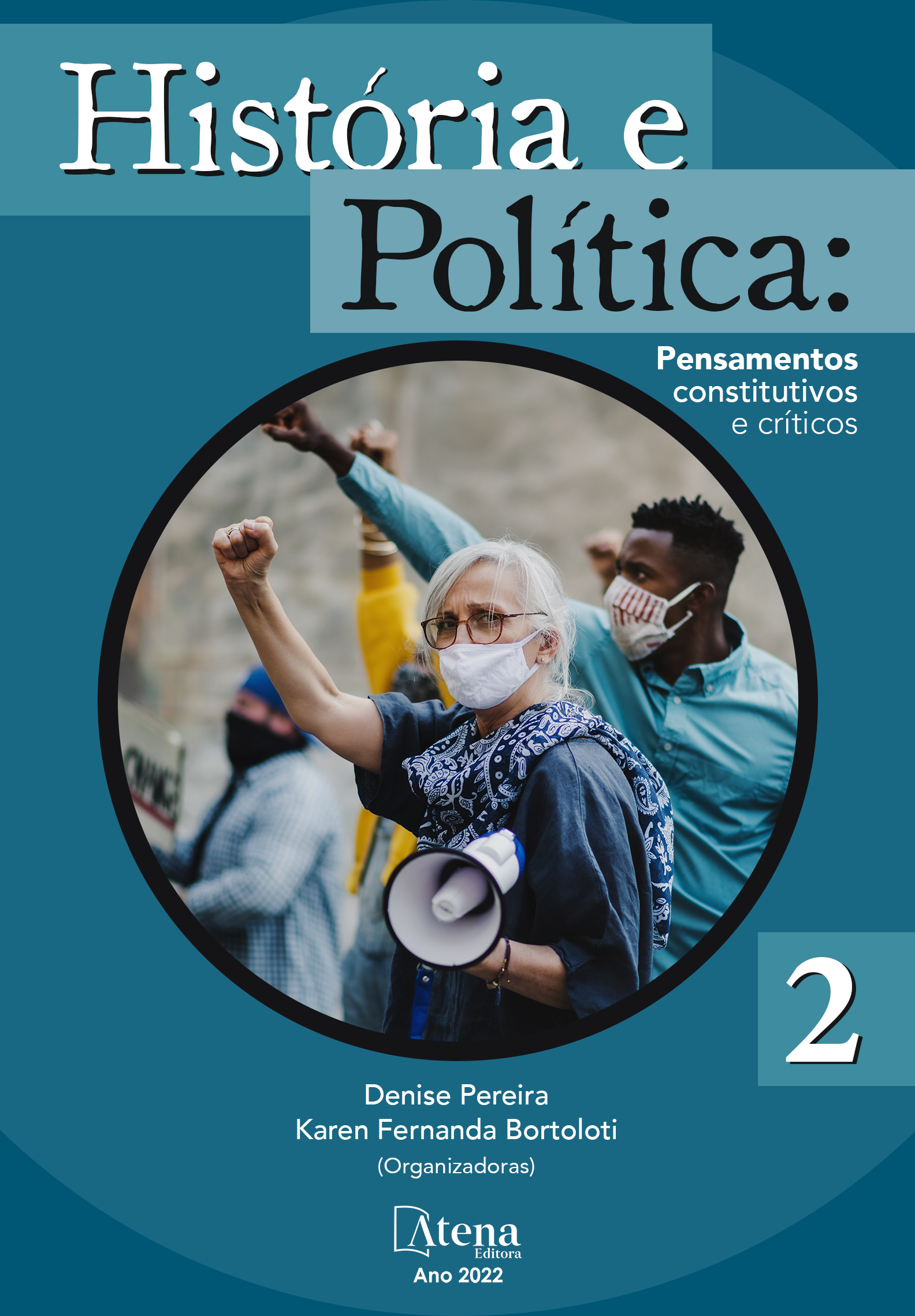
ANÁLISES DE EXPERIÊNCIAS NA PRÁTICA DO ENSINO DA HISTÓRIA E CULTURA AFROBRASILEIRA, AFRICANA E INDÍGENA ENTRE ESTUDANTES NO ENSINO MÉDIO INTEGRADO
Embora pareça evidente e fundamental a contribuição na formação da cultura nacional dada pelos indígenas e pelos negros africanos e afrodescendentes, esta participação foi, e em alguma medida é relegada a um segundo plano, ora pela historiografia, ora pelas autoridades brasileiras. As políticas públicas do Brasil imperial e republicano ao longo do século XX, foram pautadas em mecanismos, que além de posicioná-los fora do alcance das políticas públicas de acesso à educação moradia, saúde, trabalho formal etc., reforçavam estigmas no sentido de disseminação desta suposta inferioridade. Por outro lado, no que diz respeito às formas de reinserção social das populações negras, a luta pelo acesso à educação esteve entre as principais estratégias de integração social e luta pela liberdade. Na resistência à escravidão no Brasil, formas paralelas de organização consubstanciavam-se desde caixas de poupança para compra de alforrias de escravos urbanos, passando por conselhos deliberativos, particularmente para preparação de ações coletivas, como fugas e revoltas, à confrarias de assistência mútua sob a capa religiosa cristã e diretamente com o espaço dos quintais e terreiros na manutenção dos cultos aos orixás e das línguas africanas que identificam as religiões que possuem essas matrizes. Nesse caminho o trabalho de pesquisa desenvolvido visou contribuir com o conjunto de ações voltadas a fortalecer o reconhecimento da diversidade e o direito à diferença, tomando por base a experiência concreta de uma comunidade escolar e levando em conta, como voz principal as percepções de sua comunidade estudantil. Para tanto, buscamos investigar como o público estudantil compreende, avalia, percebe as contribuições curriculares dessas questões no bojo de sua formação escolar visando assim, produzir dados que possam contribuir para a (re) elaboração das políticas pública de ações afirmativas no ambiente escolar.
ANÁLISES DE EXPERIÊNCIAS NA PRÁTICA DO ENSINO DA HISTÓRIA E CULTURA AFROBRASILEIRA, AFRICANA E INDÍGENA ENTRE ESTUDANTES NO ENSINO MÉDIO INTEGRADO
-
DOI: 10.22533/at.ed.5202218026
-
Palavras-chave: Educação; Historiografia; Resistência; Relações Étnico-raciais; Ensino integrado
-
Keywords: Education; Historiography; Resistance; Ethnic-Racial Relations; Integrated education
-
Abstract:
Although the contribution to the formation of national culture made by indigenous peoples and African blacks and Afro-descendants seems evident and fundamental, this participation was, and to some extent is relegated to the background, sometimes by historiography, sometimes by the Brazilian authorities. The public policies of imperial and republican Brazil throughout the 20th century were based on mechanisms that, in addition to placing them outside the reach of public policies on access to education, housing, health, formal work, etc., reinforced stigmas towards the dissemination of this supposed inferiority. On the other hand, with regard to the forms of social reintegration of black populations, the struggle for access to education was among the main strategies for social integration and struggle for freedom. In the resistance to slavery in Brazil, parallel forms of organization were embodied from savings banks for the purchase of manumissions for urban slaves, passing through deliberative councils, particularly for the preparation of collective actions, such as escapes and revolts, to mutual assistance fraternities under the Christian religious cover and directly with the space of backyards and terreiros in the maintenance of the cults of the orixás and African languages that identify the religions that have these matrices. In this way, the research work developed aimed to contribute to the set of actions aimed at strengthening the recognition of diversity and the right to difference, based on the concrete experience of a school community and taking into account, as the main voice, the perceptions of its community student. Therefore, we sought to investigate how the student public understands, evaluates and perceives the curricular contributions of these issues in the context of their school education, thus, producing data that can contribute to the (re) elaboration of public policies for affirmative action in the school environment.
-
Número de páginas: 14
- Fabiano Brito dos Santos


